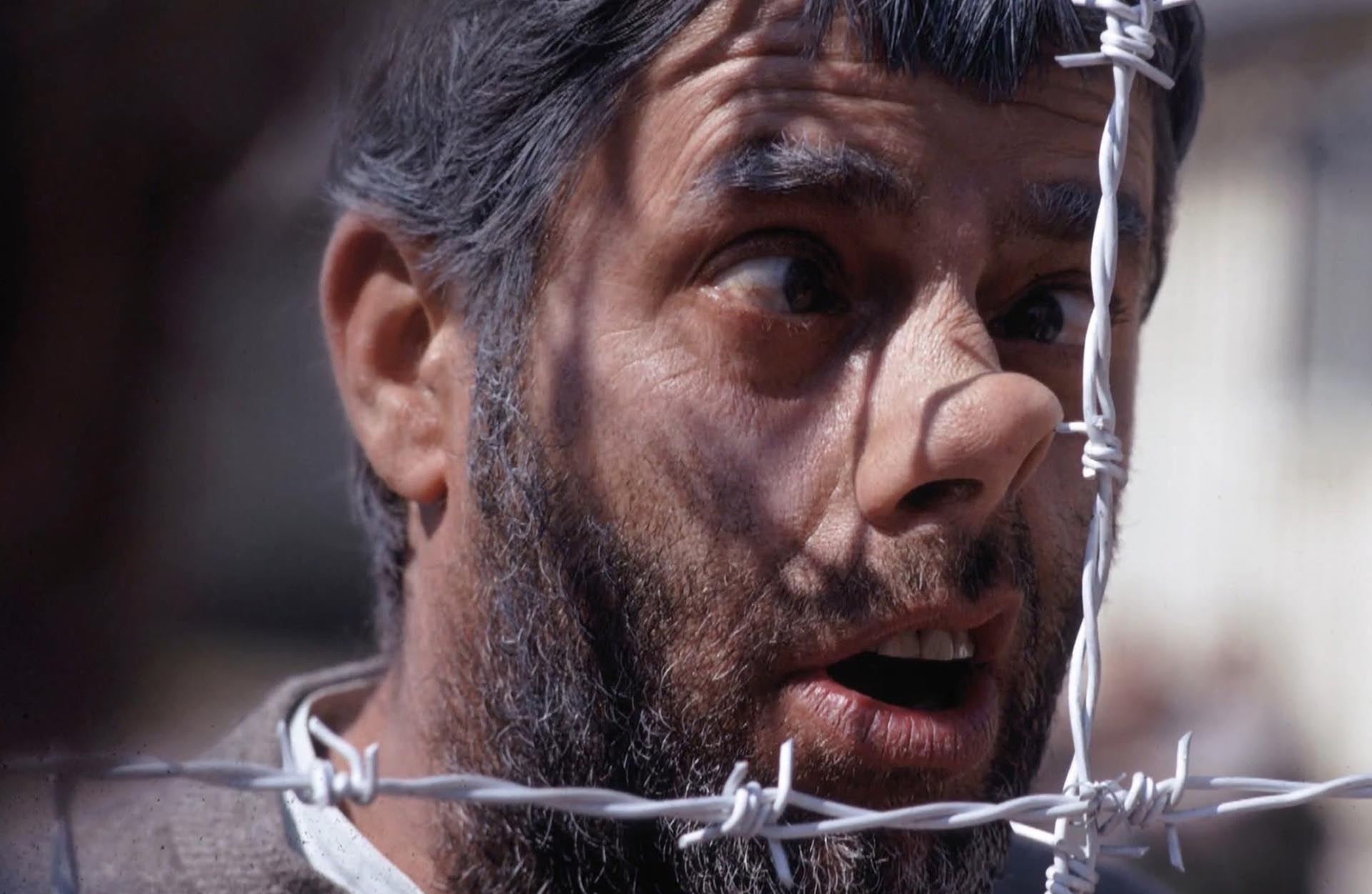
Everything here at the Lido goes from darkness to light. New productions, new faces of an art that emerges from darkness and arrives at the light. But there’s another darkness from which one can emerge thanks to cinema: the darkness of oblivion, of forgetting. From Darkness to Light, selected for the documentary section of Venezia Classici, documents the return to light of Jerry Lewis’s forgotten film, The Day the Clown Cried.
His forbidden film, perhaps his most ambitious and personal project, which portrayed him as a clown imprisoned in a concentration camp, was rediscovered in a vault of Europa Film, a Swedish production company initially involved in the project that later went bankrupt. “Living means making mistakes,” Lewis states in an interview featured in the film. And it is the story of the gestation of his unrealized masterpiece, his fate, caught between myth and oblivion, his ‘mistake,’ that is narrated in this documentary by Michael Lurie and Eric Friedler, which ultimately sheds light on the humanity of an artist too often reduced to the farcical and anarchic image that became his global mask.”

The Day the Clown Cried, a film about the Holocaust that is as famous as it is mysterious, is the legendary unfinished work of Jerry Lewis, never brought to the big screen. Today, it is the focus of a documentary by Michael Lurie and Eric Friedler, which presents previously un...
The film originates from the discovery of the footage shot for The Day the Clown Cried, an ambitious and never-completed project born from the genius of Jerry Lewis. What is the historical significance of this material?
Its significance is immense, as it provides a glimpse into one of the most notorious and mysterious films in Hollywood history. This footage holds value not only as a piece of cinematic legacy but also as a window into Lewis’s ambition, his willingness to push boundaries, and the complexities of creative risk-taking. The film can be regarded as an emblem of the limits of comedy and the moral dilemmas that filmmakers face when confronting tragic historical events.

Why document this unknown story? What does this film add to our understanding of Jerry Lewis as an actor and director?
Our intention in documenting this enigmatic story is to explore the complexities of Jerry Lewis as both a comedic genius and a deeply ambitious artist. The film adds a new layer to our understanding of him, as it reveals his desire to move beyond the comedic roles that defined his career throughout and engage with more serious, challenging, dramatic material. By examining the troubled production history behind this unfinished film, we get to see a more nuanced side of Lewis – that of an artist not afraid to confront uncomfortable truths but also deeply affected by the pressures of the industry and his own artistic ambitions.
How does The Day the Clown Cried fit into the context of comedic films that address tragic themes, and what does it reveal about the creative and production challenges faced by Lewis in the 1970s?
It fits within the broader tradition of comedic films that address tragic themes, but it also stands apart due to its extreme subject matter: the Holocaust. While other films have successfully blended comedy and tragedy, Lewis’ project faced significant challenges. The subject matter was considered too sensitive to be approached through comedy at the time, and the film industry was not prepared for such an audacious blend of humor and horror. The challenges Lewis took on with this were emblematic of a changing Hollywood in the 1970s, where the boundaries of cinema were being pushed but not always accepted.

How does this unfinished film reflect Jerry Lewis’ tragicomic side and his artistic vision, and what does it reveal about his legacy and bravery as the “King of Comedy”?
This unfinished film epitomizes the icon Jerry Lewis’ artistic vision of using comedy to explore the human condition, even in its darkest moments. The project showcases that Lewis was not content with being just the “King of Comedy” but that he wanted to be recognized as a serious filmmaker who could tackle profound subjects. Despite its failure, his endeavors remain a testament to his bravery as an artist, showing that he was willing to risk his reputation and career to pursue a vision that was both deeply personal and incredibly risky. To us as filmmakers, his legacy is only enriched by this film as it highlights his complexity as both a comedian and an auteur who was unafraid to venture into uncharted territories, even at great personal cost.